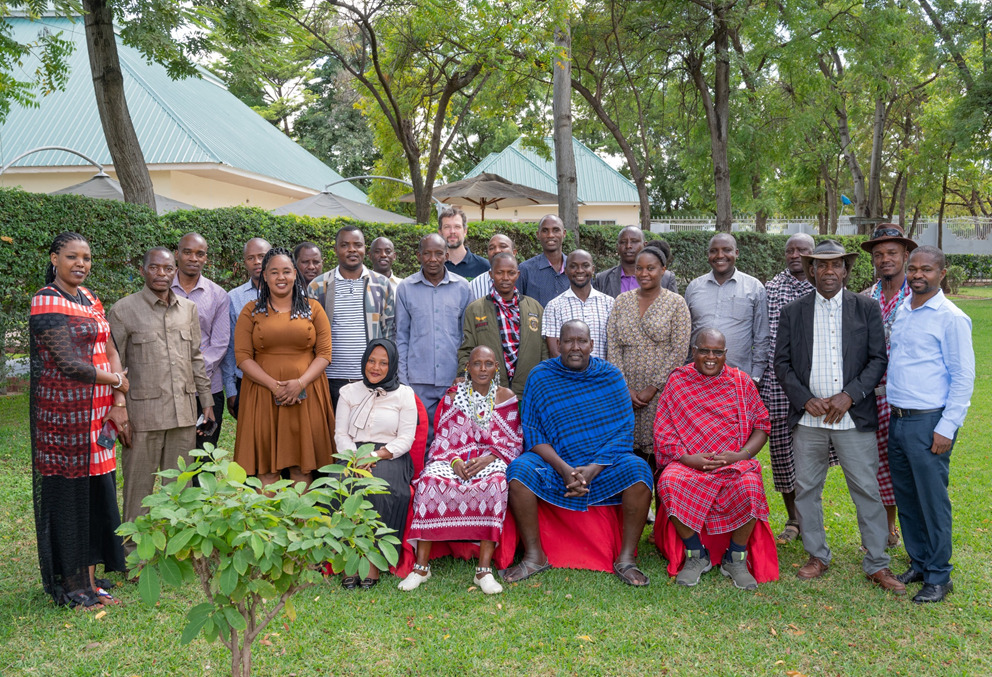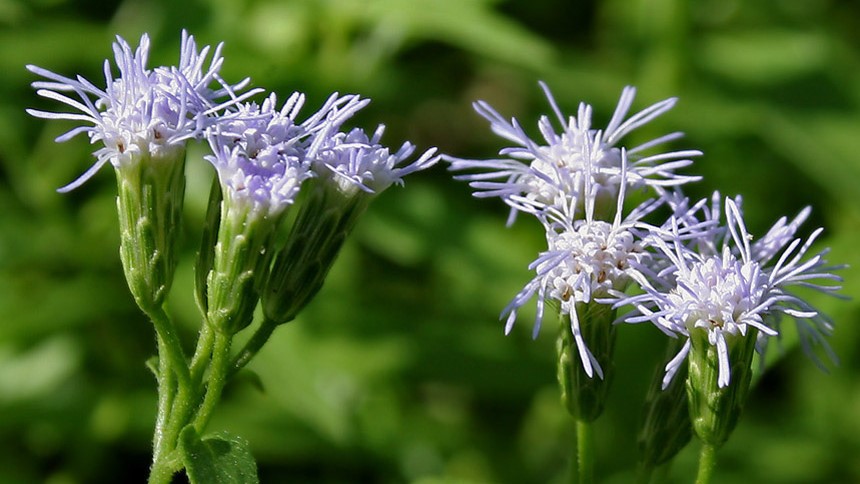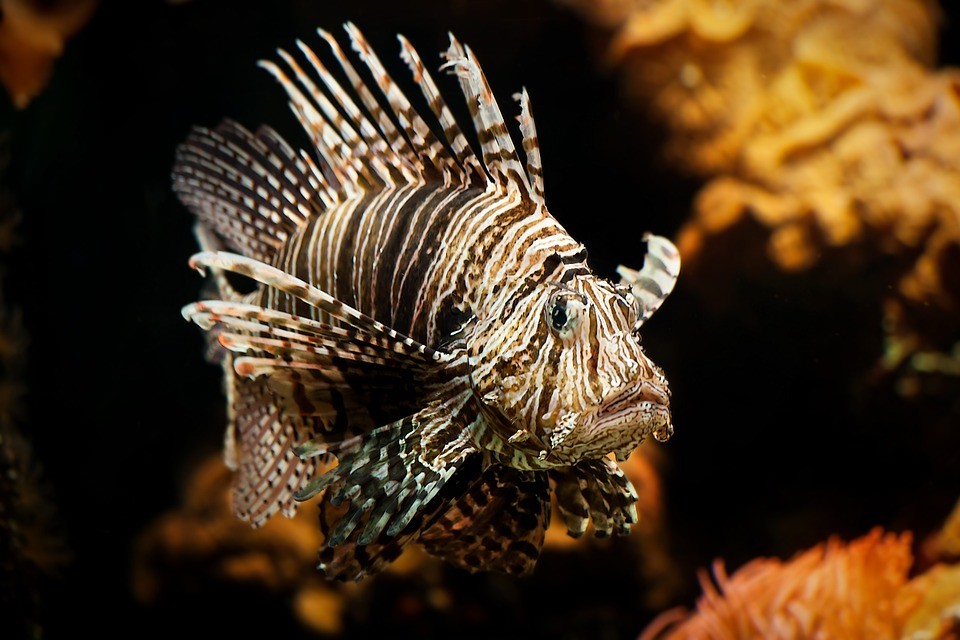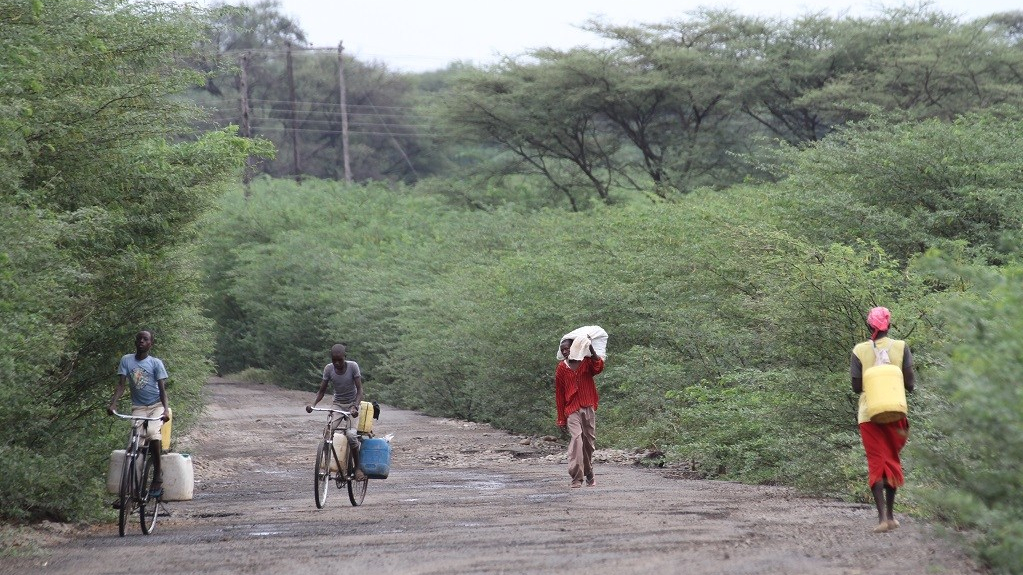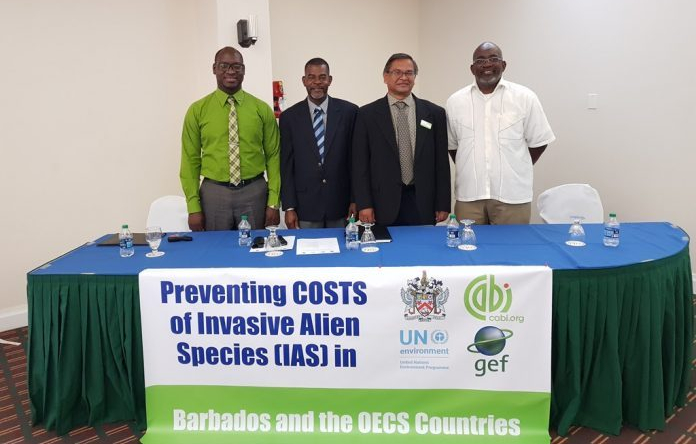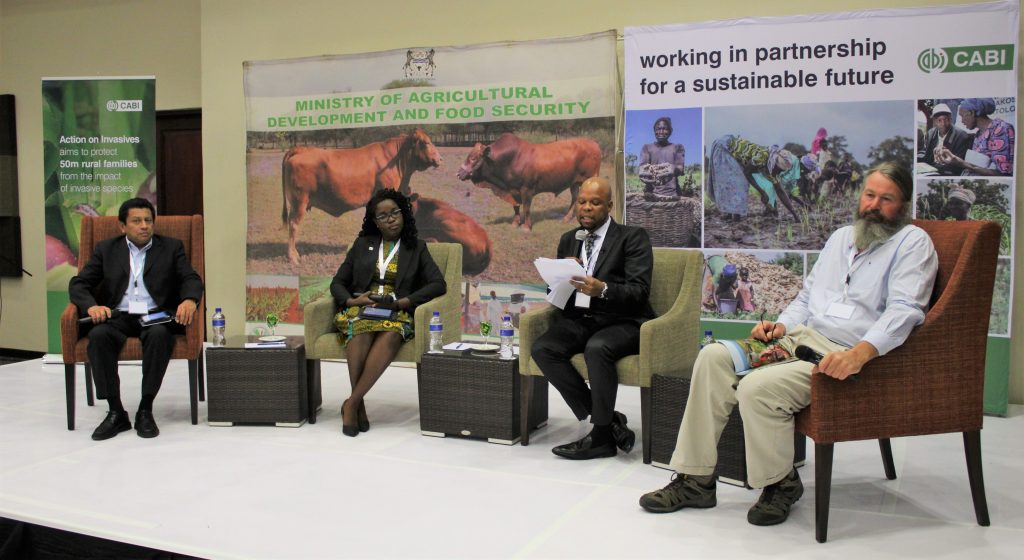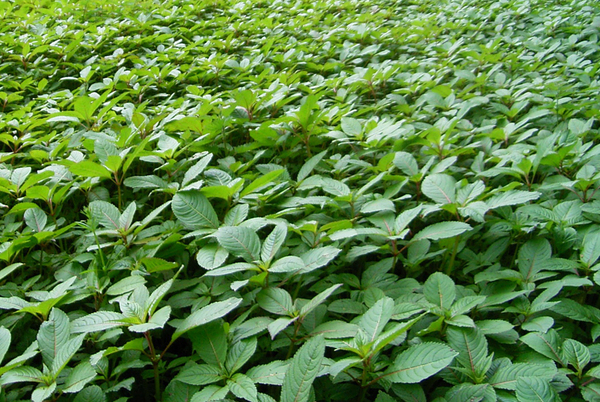Devilweed: the ‘green invasion’ that’s destroying biodiversity and livelihoods
In a new video from BBC Earth, CABI’s Dr Arne Witt tells us about the devastating impact of Chromolaena odorata, commonly known as ‘Devilweed’. As part of the BBC’s Our Green Planet initiative, the video raises awareness about the impact of invasive species on biodiversity and livelihoods.
Shedding light on the biodiversity impacts of the tomato leafminer
The ecological effects of a widespread crop pest The tomato leafminer Tuta absoluta is one of the most widespread and impactful invasive crop pests in the world. First reported in Peru in 1914, the tomato leafminer is now recorded throughout South America, Africa and Europe and is estimated to infest 60% of all cultivated tomatoes worldwide. Recent studies…
Invasion of a predator: Lionfish
By Rebecca Quarterman and Hannah Fielder The majestic, unusual looking Lionfish could be seen as harmless to the untrained eye. Yet, this invasive species has multiplied aggressively over the last two decades to become a serious threat to biodiversity in the marine setting. The red lionfish (Pterois volitans) and the devil firefish (Pterois miles) are…
Scientists recommend measures to contain rapid woody weed spread in Baringo County, Kenya
A team of international scientists, including CABI’s Dr Urs Schaffner, have recommended ways to manage the devastating spread of the woody weed Prosopis juliflora, where in Baringo County, Kenya, its coverage rapidly increased by 2,031 percent in just 28 years. PhD student Purity Rima Mbaabu, affiliated to the University of Nairobi and co-supervised by Simon…
CABI announces major commitments in fight against invasive species
Coinciding with its regional consultation with member states in Africa, CABI hosted a policy summit on invasive species in Gaborone, Botswana on 28 February. About 70 delegates representing policymakers, research, the private sector and civil society from across Africa gathered to learn about and discuss the impact of invasives as well as the technical and…
CABI shares expertise at workshop concerned with threat of invasive species to Gibraltar
Dr Pablo González-Moreno, one of CABI’s senior researchers with expertise in invasive plant ecology, has joined a workshop of international scientists concerned with investigating the invasive non-native species that pose the greatest threat to Gibraltar’s terrestrial and marine environments.
Invasives killed the biodiversity star
The start of 2019 brought sad news when George, the last tree snail of his kind (Achatinella apexfulva) died on New Years Day. His death highlights the plight of Hawaiian snails and epitomises the rapid decline of biodiversity on the Hawaiian Islands.
Largest Invasive Alien Plant dataset is now published online!
By Samantha Garvin. Reblogged from JRS Biodiversity Foundation. CABI has published one of the most complete and current datasets on Invasive Alien Plants (IAP) in East and Southern Africa. This extraordinary dataset is already being translated into new research findings and conservation action on the ground.

